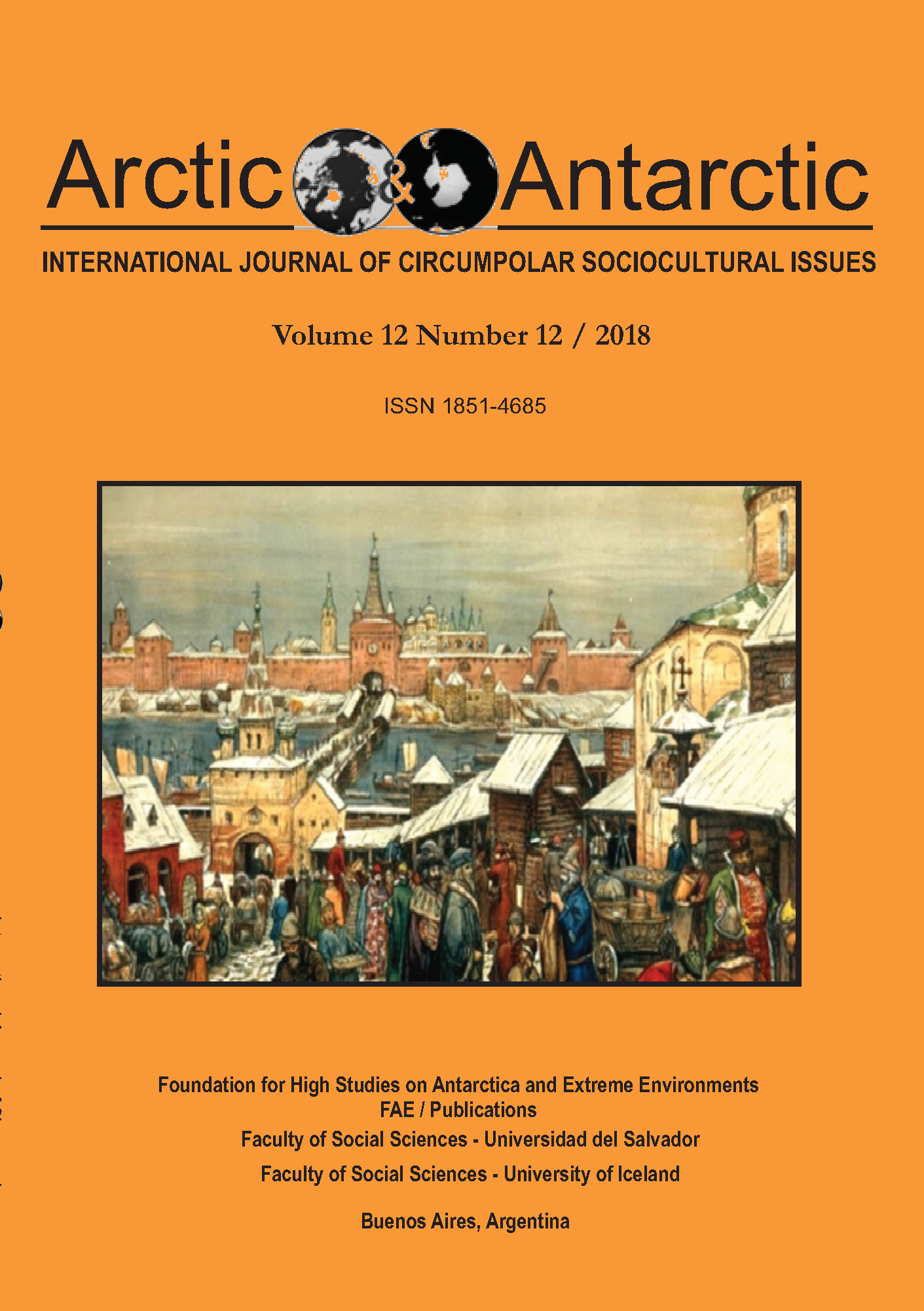Dwelling and Working in Extreme Southern Circumpolarity: The Antarctica as Locality and Reflexivity
Enrique del Acebo Ibáñez Universidad del Salvador / National Argentine Council for Scientific Research (CONICET, Argentina)
The territory of the Antarctica and the human presence there represent a total and complex phenomenon, that is: multidimensional and interconnected. The different ways of dwelling and working in the Antarctica imply a dynamic process of continuous production of new geo-cultural images, texts and discourses. To live and work in the Antarctica suppose a life strategy, conditioned by the extreme cold, the isolation and the inaccessibility, where all people involved feel (perhaps unconsciously) part of that total phenomenon. A creative strategy to dwell and work in the Antarctica implies to develop and build a new trajectory of extreme southern identity in terms of territory, geographic and cultural features, together with the globalization process and the global environmental concerns: cultural landscapes are also present in the White Continent. So that to dwell and to work in the Antarctica deal with adaptation, social practices in everyday life, and representations of reality, where the extreme cold is a restriction but also an opportunity and challenge to conciliate tradition, innovation, as well as creativity. The emergent concept of Antarctic social identity is closely related to other concepts like “mission”, “heroism”, “founding spirit” (homo conditor), “adventure” or “risk”, always present along the time in the ways of inhabiting the White Continent and other extreme environments. It means that a sort of emotional geography is present, like a founding representational myth, linked to the “historic missions”. Consequently, the Antarctica works as a metaphor of purity, wilderness and virginity, being still nowadays the Terra Incognita Australis, a sort of metaphysic sanctuary, a pristine confine of the planet.
Team Spirit in Football. An analysis of players´ symbolic communication in a match between Argentina and Iceland at the men´s 2018 World Cup.
Viðar Halldórsson (University of Iceland)
The creation of team spirit is one of the most important and difficult challenges of contemporary sports. Team spirit is on one hand important for team efficiency and team success and on the other difficult to account for due to its emergent and impervious nature. Team spirit is especially important in the midst of the dynamic on-the-field game action where sport teams rely on active communication between team members in order to meet the many challenges of sporting contests. Verbal communication is however often problematic during games and members of a team need to make use of symbolic gestures to communicate. The literature has however been inattentive to the role of symbolic gestures in sports, especially in regard to team spirit and team performance. This paper is a case study of a single football match. It makes use of micro-sociological theory and perspective to account for players´ use of symbolic communication and gestures in regard to team spirit. The findings from the analysed match reveal players’ use of various forms of symbolic communication and gestures, which could be recognized as positive, negative or neutral for on-the-field team spirit.
Out of the Icelandic cold murder they wrote: The Guðmundur- and Geirfinnur criminal case of 1974
Helgi Gunnlaugsson (University of Iceland)
The case of Guðmundur and Geirfinnur has become one of the most notorious criminal case in the history of Iceland. Two males disappeared in the mid 1970´s and their bodies were never found. A total of six persons were later convicted of murdering the two merely on basis of their confessions. The suspects were held in solitary confinement for a long period of time and subjected to lengthy interrogations even torture. As time passed, cracks started to open up in the court version of the case, slowly starting to crumble. In late September of 2018 the Supreme Court of Iceland acquitted five of the six original suspects.

